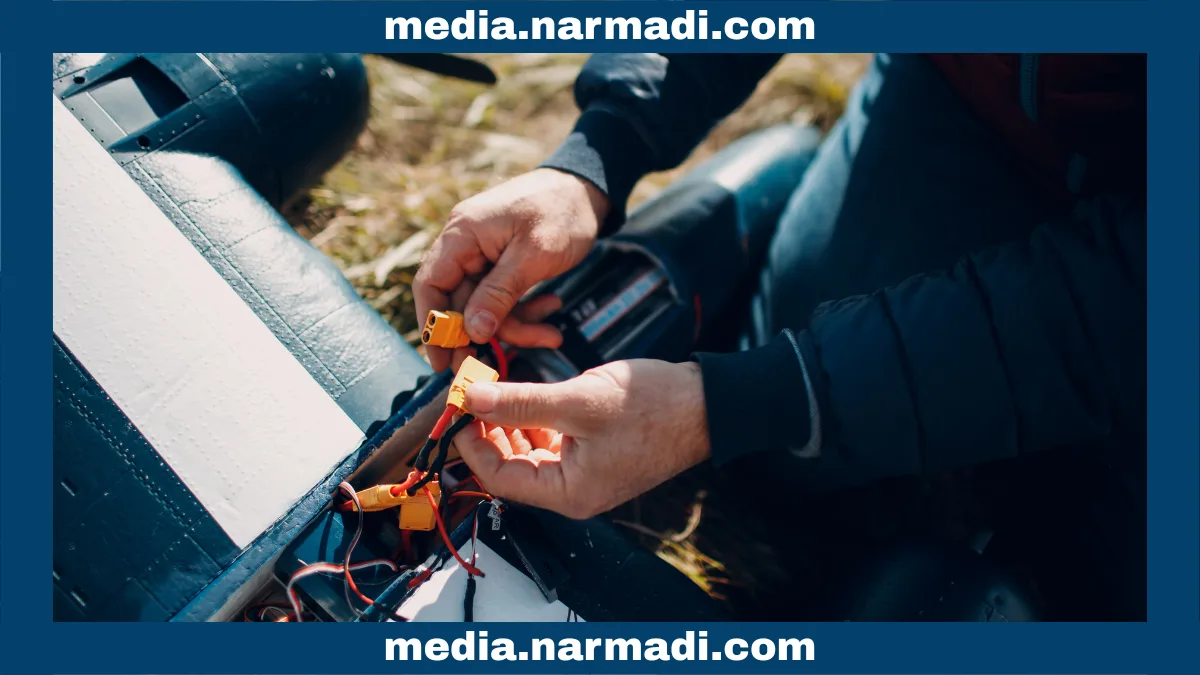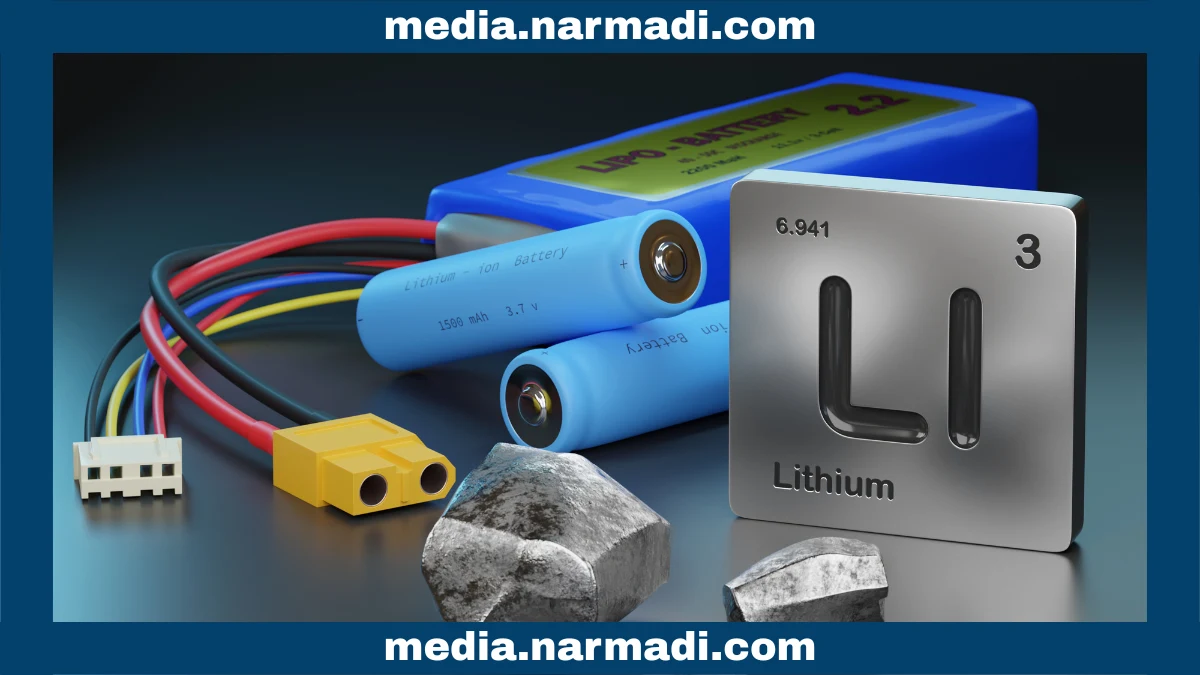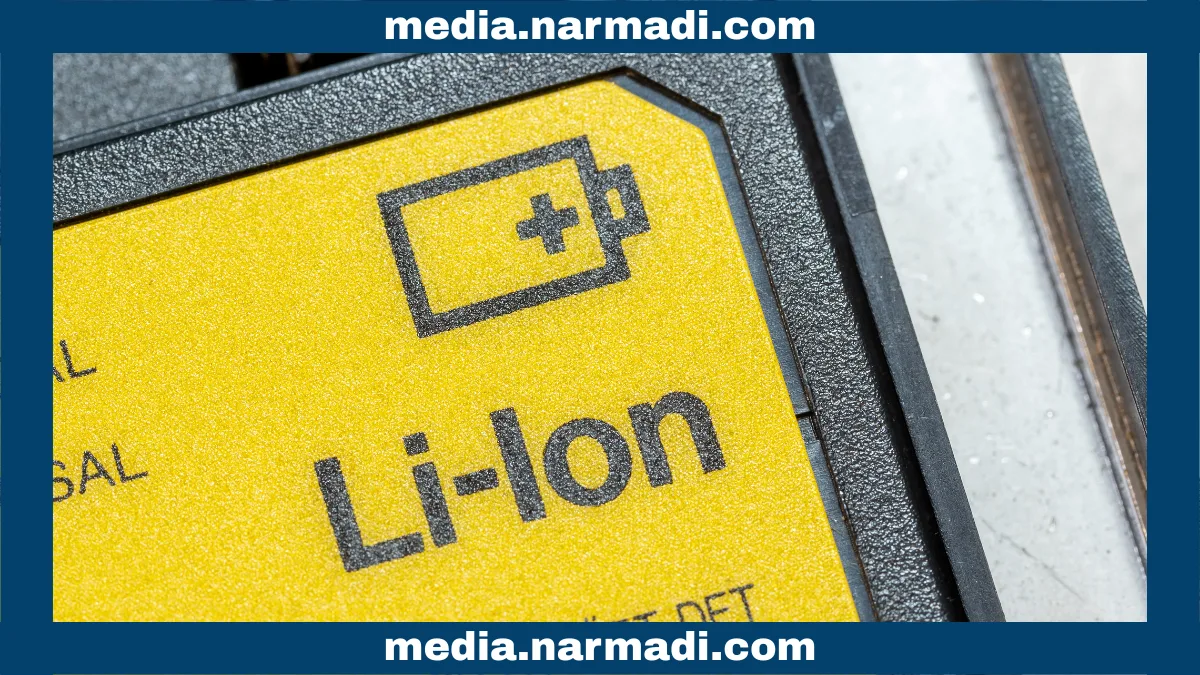The battery in a radio-controlled (RC) toy is a crucial component of the power system. It is a very important component, because without it, the toy will not work. RC toy battery types provide different voltages and capacities.
The power system in an RC toy will differ depending on whether it is a toy-grade or hobby-grade toy. Toy-grade toys usually use AA/AAA batteries. Hobby-grade toys, such as RC cars and RC trucks are more sophisticated, with RC toy battery types that can be adjusted.
To get a good power system for your toy, it is important to know the RC toy battery types. That way, you can adjust the voltage and capacity as needed.
Main Component of RC Toy Power Systems

For an RC toy to work properly, it needs a power system to support its operation. The power system itself has components that work together to convert remote commands into physical movements. The following are the components of an RC toy power system:
- Battery: Provides power as the main energy source for the entire system.
- Receiver: An electronic device inside the RC that receives radio signals from the transmitter.
- Electronic Speed Controller / ESC: A device that regulates the amount of power supplied from the battery to the motor.
- Motor: A device that converts electrical energy into mechanical energy to move the wheels or propellers.
- Servo: A special motor device to move the steering wheel.
- Gearbox: A gear device to slow down the motor rotation and increase torque, especially in difficult terrain.
How does a Power System Work?
The RC toy power system starts working when the user gives commands via the remote control. The transmitter sends radio signals to the receiver on the RC, which are then forwarded to the ESC. The radio signals and electrical current from the battery are translated and controlled by the ESC to the motor.
After that, the electrical energy is converted by the motor into rotational motion, which is transmitted through the gearbox to the wheels. It is this process that causes the toy to move. The servo processes steering commands that move the steering components as needed.
RC Toy Battery Types
RC toy grade uses AA/AAA batteries as part of the power system. Meanwhile, RC toy hobby-grade has batteries that can be modified. Therefore, there are many types you need to know to suit your needs. Here are the RC toy battery types for hobby grade:
Lithium Polymer (LiPo)

Lithium polymer is the standard type of RC toy battery. This type offers high performance, longer operating time, high discharge rate, and lighter weight.
Compared to other types of batteries, LiPo has a high power-to-weight ratio, better density, and better performance. However, these batteries are prone to damage, so they require careful handling and a special charger.
On average, LiPo batteries can last 15 to 45 minutes per charge. You need to take good care of them in order to use them for a long time. Their lifespan can generally reach 1 to 4 years.
Nickel-Metal Hydride (NiMH)

Nickel-Metal Hydride is a type of RC battery that is often used for beginners or Ready-to-Run (RTR) models. This type offers high safety, more affordable prices, and is more beginner-friendly.
NiMH has better energy density and does not have a memory effect like NiCD. However, this battery still has lower performance than LiPo.
NiMH battery capacity is often between 3000-5000 mAh with a typical voltage of 7.2V (6 cells) or 8.4V (7 cells), with each cell having a nominal voltage of 1.2V. RC toy play time often ranges from 15 to 30 minutes per charge. On average, these batteries can last around 2 to 3 years.
Lithium-ion (Li-ion)

Lithium-ion is a type of RC battery similar to LiPo, but often comes in a hard casing for added protection. This type provides high capacity and energy density.
The advantages of Li-ion are its compact and lightweight form. In addition, this battery has a long service life, so it can be recharged many times. However, the performance of this battery is not higher than that of LiPo, which also uses Lithium technology.
The operating time of RC toys with Li-ion batteries generally ranges from 15 to 45 minutes per charge. The overall lifespan of these batteries can reach 1 to 4 years, depending on factors such as motor power consumption, driving style, and terrain.
These are the types of RC toy battery types that you need to know to have the best power system for your hobby. By understanding the different types, you can make an informed decision before choosing one.
Suppose you want a battery with a high power-to-weight ratio, longer operating time, and better performance. In that case, you can choose a LiPo battery. For beginners, you can choose a NiM battery because it has high safety. In addition, you can choose a Li-ion battery for performance similar to a LiPo battery with a hard casing for additional protection.